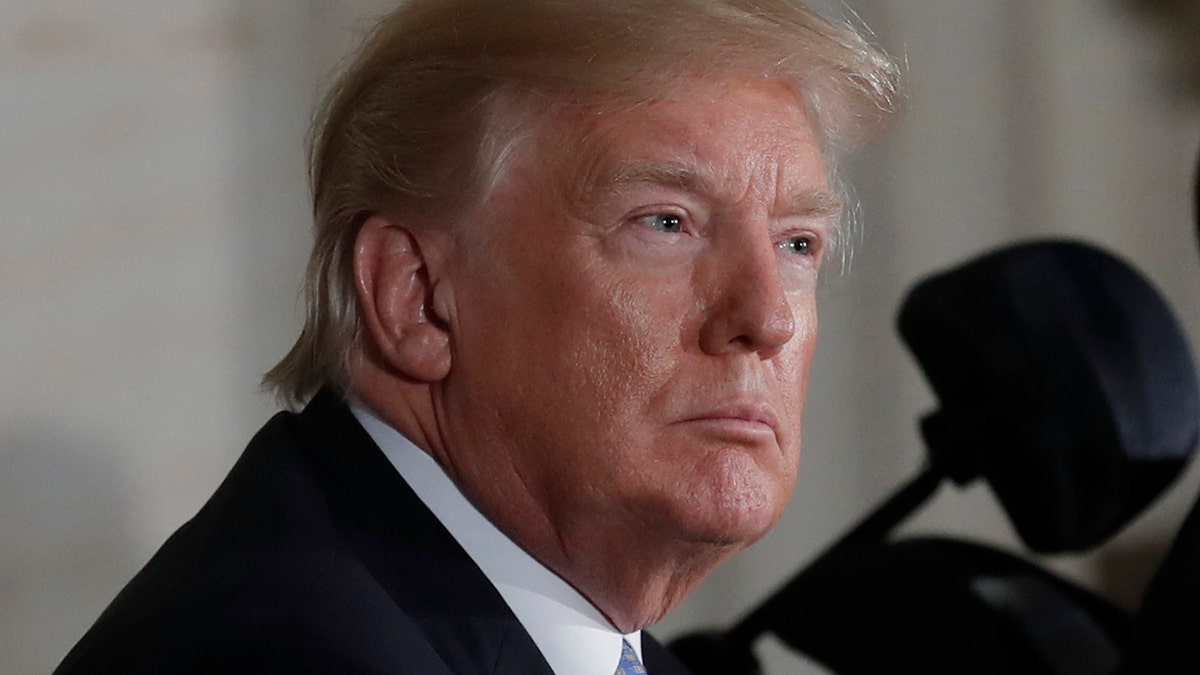
U.S. President Donald Trump attends a Congressional Gold Medal ceremony honoring former Senate majority leader Bob Dole (R) at the U.S. Capitol in Washington, U.S., January 17, 2018. REUTERS/Carlos Barria - HP1EE1H1LVVNC
‘Tear him for his bad verses!’ the crowd roars in Shakespeare’s “Julius Caesar,” mistaking the poet Cinna for a conspirator. There are myriad reasons to be angry with President Trump’s performance. Based on the publicly available evidence, however, the least of them is “collusion” with Russia to influence the 2016 election. The media and even congressional investigators seem to misunderstand how presidential campaigns and transition teams interact with foreign governments.
Real collusion took place in October 1968, when Republican nominee Richard Nixon directed Anna Chennault, his campaign co-chairman and a longstanding Asia hawk, to intervene with the South Vietnamese government to stop peace negotiations with North Vietnam. Ms. Chennault urged Saigon to boycott the talks because Nixon would continue to support the South Vietnamese war effort, whereas his Democratic opponent, Vice President Hubert Humphrey, had said he’d end the war in 1969.
The White House learned of the initiative through intelligence intercepts. President Lyndon B. Johnson convened his national-security advisers to determine his response. Principally on the advice of Defense Secretary Clark Clifford, he decided to do nothing. Humphrey did not denounce the Nixon intervention publicly, presuming Nixon would call it a last-minute election lie. He did, however, issue a strong statement two days before the election stating that if the South Vietnamese government refused to come to the table, he would negotiate a peace without them. Nixon won narrowly, and the war continued.
The collusion became public early in 1969, but Nixon paid no price. Critics discussed invoking the Logan Act of 1799, which prohibits diplomacy by private citizens. But Logan Act violations are almost never prosecuted, and Nixon, as president, could easily have avoided its application.
To continue reading this column from The Wall Street Journal, click here.
